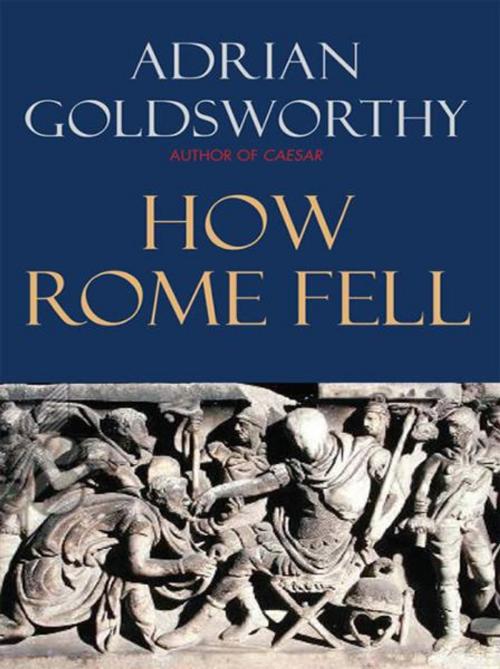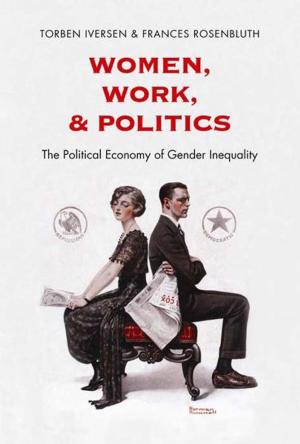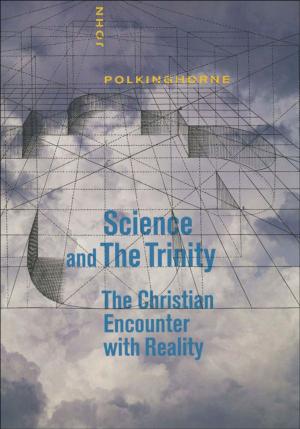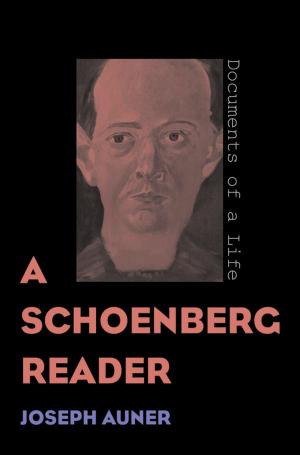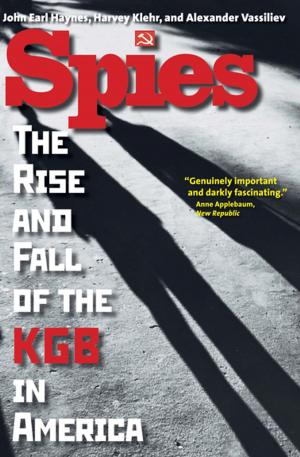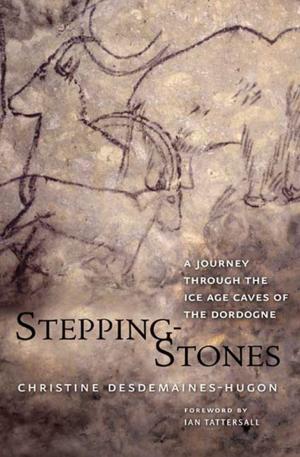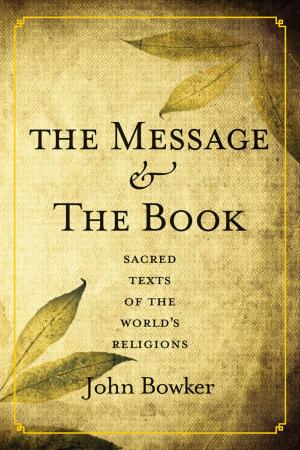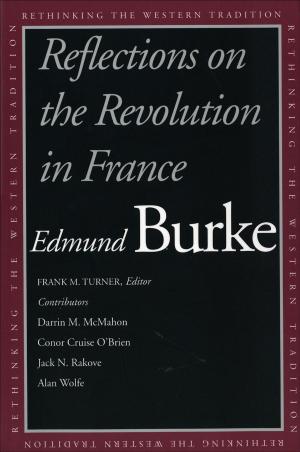| Author: | Adrian Goldsworthy | ISBN: | 9780300155600 |
| Publisher: | Yale University Press | Publication: | May 12, 2009 |
| Imprint: | Yale University Press | Language: | English |
| Author: | Adrian Goldsworthy |
| ISBN: | 9780300155600 |
| Publisher: | Yale University Press |
| Publication: | May 12, 2009 |
| Imprint: | Yale University Press |
| Language: | English |
In AD 200, the Roman Empire seemed unassailable. Its vast territory accounted for most of the known world. By the end of the fifth century, Roman rule had vanished in western Europe and much of northern Africa, and only a shrunken Eastern Empire remained. What accounts for this improbable decline? Here, Adrian Goldsworthy applies the scholarship, perspective, and narrative skill that defined his monumental Caesar to address perhaps the greatest of all historical questions—how Rome fell.
It was a period of remarkable personalities, from the philosopher-emperor Marcus Aurelius to emperors like Diocletian, who portrayed themselves as tough, even brutal, soldiers. It was a time of revolutionary ideas, especially in religion, as Christianity went from persecuted sect to the religion of state and emperors. Goldsworthy pays particular attention to the willingness of Roman soldiers to fight and kill each other. Ultimately, this is the story of how an empire without a serious rival rotted from within, its rulers and institutions putting short-term ambition and personal survival over the wider good of the state.
How Rome Fell is a brilliant successor to Goldsworthy's "monumental" (The Atlantic) Caesar.
In AD 200, the Roman Empire seemed unassailable. Its vast territory accounted for most of the known world. By the end of the fifth century, Roman rule had vanished in western Europe and much of northern Africa, and only a shrunken Eastern Empire remained. What accounts for this improbable decline? Here, Adrian Goldsworthy applies the scholarship, perspective, and narrative skill that defined his monumental Caesar to address perhaps the greatest of all historical questions—how Rome fell.
It was a period of remarkable personalities, from the philosopher-emperor Marcus Aurelius to emperors like Diocletian, who portrayed themselves as tough, even brutal, soldiers. It was a time of revolutionary ideas, especially in religion, as Christianity went from persecuted sect to the religion of state and emperors. Goldsworthy pays particular attention to the willingness of Roman soldiers to fight and kill each other. Ultimately, this is the story of how an empire without a serious rival rotted from within, its rulers and institutions putting short-term ambition and personal survival over the wider good of the state.
How Rome Fell is a brilliant successor to Goldsworthy's "monumental" (The Atlantic) Caesar.
